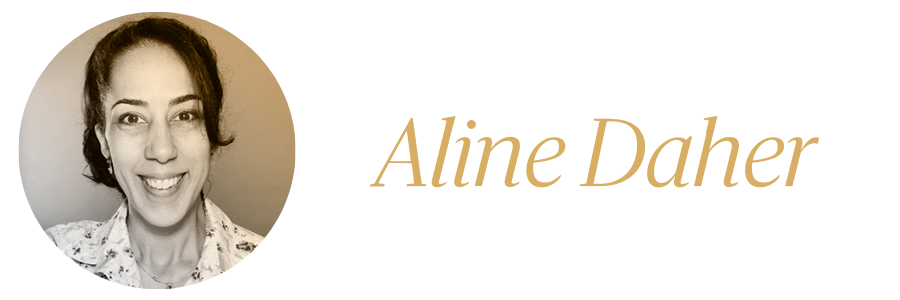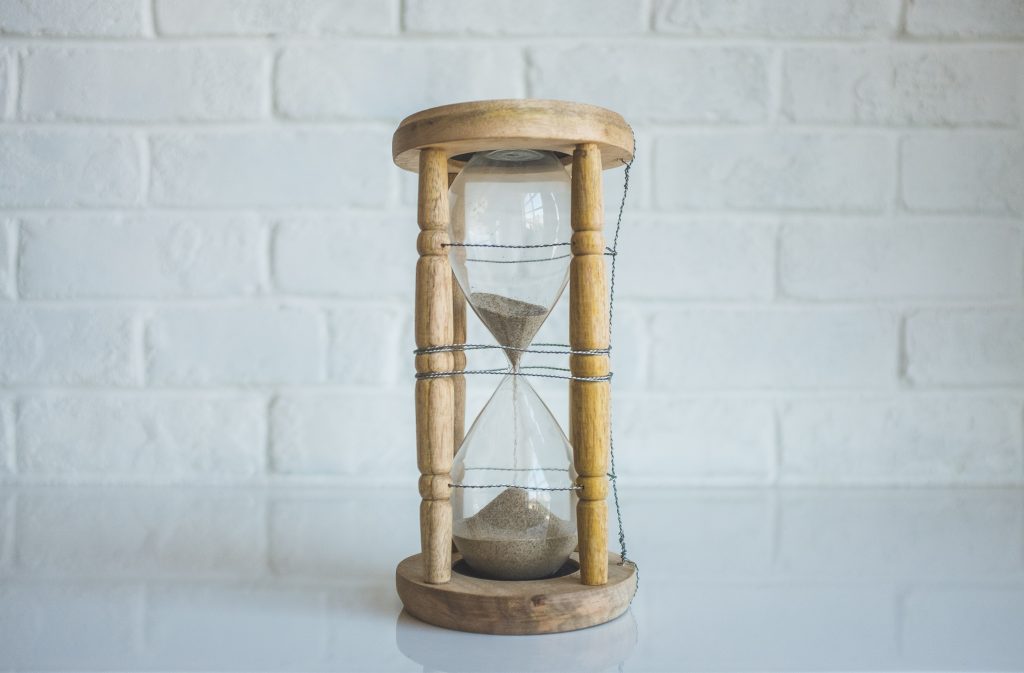Since the last lockdowns of the pandemic, anxious behaviours have become more present in our day to day lives.
Our mind, which already tends to focus on the future, seeking responses to questions that appear to have no answers, was suddenly under a lot more pressure to see beyond the end of a dark tunnel. Uncertainties with regards to what was going to happen led to a torrent of unproductive, and at times, toxic, thoughts.
The most common pattern of behaviour of the mind, while carrying out routine activities, is either to shift our attention to the past - becoming stuck on memories of tasks we consider incomplete - or shifting our attention to the future, in an attempt to predict possible threats over which we have no control.
“We frequently feel worried, anxious and fearful due to the thought of something happening to us. We lose days, weeks and years anticipatedly dramatising what we fear may happen. And over time, we exhaust ourselves due to anxiety. Eventually, defeated by fatigue, we are forced to say to ourselves that we accept this event and that we’re no longer going to worry about it.” (1)
What we need to understand is that, in the majority of cases, our control is limited to how we react to events.
So, what can we do in practice to break out of autopilot mode?
- Exercise self-awareness, identifying the triggers that generate automatic anxiety responses,
- Assign new meaning to these triggers,
- Construct visualisations focusing on what you want to happen,
- Surrender yourself to fully experiencing the present moment, practicing mindfulness.
“The moment in which we stop holding onto what we consider to be negative, automatically we free ourselves of the anxiety that these things supposedly represent.” (2)
In this way, even if we’ve planned ahead, we will accept that things don’t always turn out asl planned, yet we retain our ability to react to events as they arise, with the courage of fully experiencing everything they represent, be they opportunities or threats.
(1) (2) Who dares to be right – quantic reality and philosophy (Quem se atreve a ter certeza – a realidade quântica e a filosofia), by Prof. Dr. José Pedro Andreeta and Maria de Lourdes Andreeta


